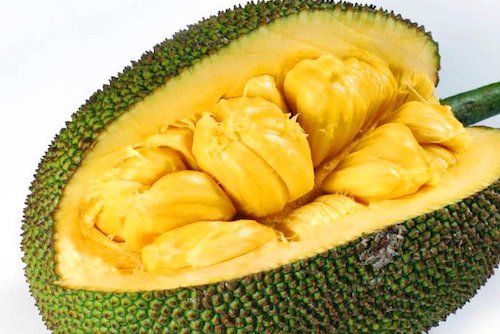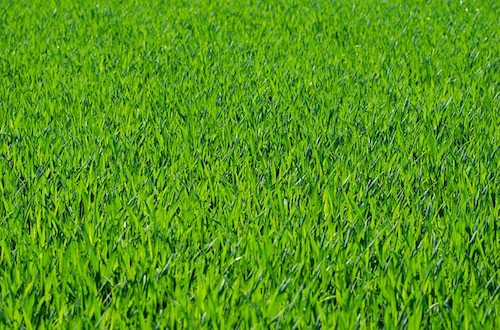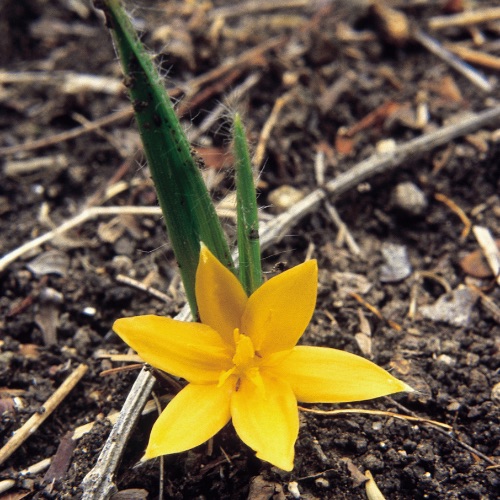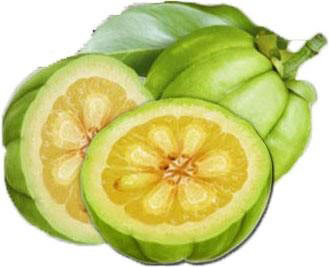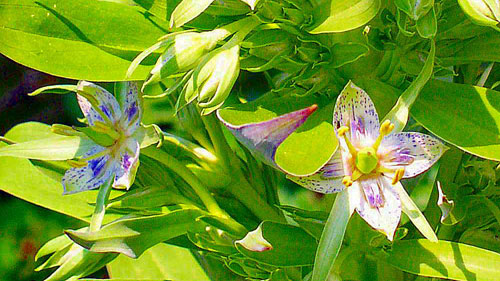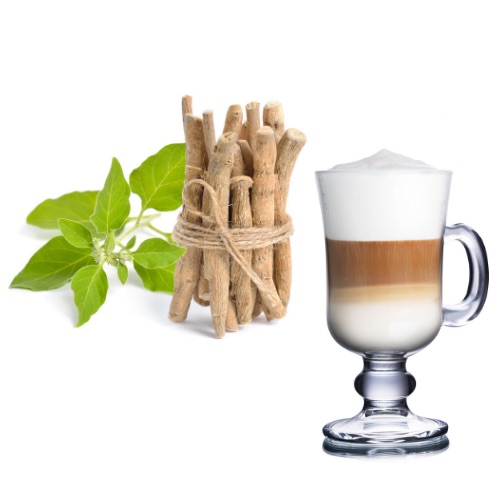Ayurvedic texts recommend amla to address PCOS/ PCOD, low sperm count, motility, obesity, acne, pimple, psoriasis, and hair loss. It boosts immunity and rejuvenates the body.
Related article
Ayurvedic Vajikarana Herbs for Energy, Stamina and Strength
Natural Ayurvedic Remedies for Diabetes
Table of Content
Helps in Erectile dysfunction and low sperm count
Helps in hair growth and prevents hair loss
Effects on the Circulatory system
Strengthens the respiratory system
Balances Tridoshas:
It alleviates tridoshas (Vata dosha, pitta dosha, and Kapha dosha) and specially normalizes pitta. Hence it is very useful in diseases that arise due to aggravation of pitta. This herb acts as Rasayana. Amalki Rasayana is a very effective preparation administered to strengthen the body and boost immunity. This Rasayana is the best rejuvenator and acts as an anti-aging ( slows down the aging process ).
Helps in Erectile dysfunction and low sperm count
This berry acts as an aphrodisiac and strengthens shukra dhatu. This helps to increase sperm count and motility. It helps to rejuvenate the male reproductive system. This fruit is known as “vrishya “ in Ayurveda. Vrishya means aphrodisiac. It helps to rejuvenate the male reproductive system and to increase male fertility. Hence it is included in Vajikarana Therapy. This fruit is used as the main ingredient in various vajikarana Rasayana. It is the best ayurvedic herb for erectile dysfunction and Premature Ejaculation.
Good for weight loss and Diabetes
These berries help to normalize metabolism, thus preventing the accumulation of body fat (medha dhatu ). Regular consumption of this fruit helps to rejuvenate the liver, and reduce acidity and problems arising due to pitta. This also helps to expel body toxins. Regular use of this fruit in the form of powder, juice, or raw fruit helps to detoxify the liver. It helps to manage body weight and aids in weight loss. It also slows down the aging process and boosts body immunity.
Amla has strong anti-diabetic properties. It helps in balancing blood sugar levels. Since it helps in weight loss too, it is useful in obesity-induced diabetes.
Helps in PCOS
The fruit of this tree helps to reduce meda dhatu or body fat. It is also recommended for prameha or diabetes. Hence this is very useful for women who suffer from PCOS or PCOD. In PCOS there will be elevated blood sugar levels and also weight gain. Regular consumption of this fruit helps in body weight and blood sugar management.
Maintains skin health
The juice of Indian gooseberry fruits reduces the burning sensation of the skin. These fruits boost the immunity of the skin and help to prevent acne and pimples. This is also an excellent remedy for psoriasis. It acts as a skin detox and helps in the rejuvenation of the skin. It slows down the aging of the skin. This can be used externally and internally.
Helps in hair growth and prevents hair loss
This herb is known to improve the health of hair. It strengthens and rejuvenates the hair follicles and reduces the inflammation of the scalp skin. It is usually combined with Bhrinraj or Eclipta Alba for the preparation of ayurvedic hair oils. Hair oils processed with this fruit helps in the scalp
Recommended for the Health of Eyes
These fruits help to reduce the burning sensation in the eyes and help to maintain the health of the eyes. Hence they are praised as “Chakshushya” ( eye-friendly). Since this fruit is rich in Vitamin C, it helps to improve, preserve and attain eyesight. It strengthens the muscles of the eyes and delays the formation of cataracts.
Maintains digestive health:
It normalizes digestion, reduces acidity, and rejuvenates the liver. When taken in large quantities, it relieves constipation, by improving bowel movement as it is high in fiber. The presence of a large amount of vitamin C in this fruit helps in the efficient absorption of nutrients.
Effects on the Circulatory system:
Dhatri acts as a cardiac tonic and helps with anemia. It also helps to reduce blood cholesterol levels. In a clinical study, the lipid-lowering action of this fruit has been reported in patients aged 35-55 years when raw Amla was administered for 28 days. In that study, gooseberry showed a reduction of TC, LDL, and TG and an increase in HDL.
Strengthens nervous system:
According to texts of ayurveda, this fruit enhances memory power and strengthens the nervous system. It sharpens the sensitivity of sense organs. Plenty of nutrients and antioxidants present in this fruit help to nullify free radicals and prevent damage to brain cells. Vitamin C which is present in plenty in this fruit helps to improve levels of norepinephrine, a neurotransmitter. Thus this fruit helps people who suffer from dementia.
Strengthens the respiratory system:
Clears the respiratory system in infection as it reduces Kapha. Since this fruit has immunity-boosting properties and also has anti-inflammatory properties, it helps to reduce the frequency of asthma attacks and prevents bronchitis. It also boosts lung health and helps to keep the common cold and cough at bay. This fruit is a major ingredient in Indian home remedies for cough and cold.
Keeps the urinary system cool :
It helps to soothe the inner layers of the bladder and helps to reduce the frequency of urination. It acts as a body and bladder coolant and is very useful as ayurvedic medicine for cystitis and UTI.
Ayurveda Medicinal Properties
Amla is widely used in ayurvedic herbal preparations, to treat different health conditions. The botanical name of this fruit is Emblica Officinalis. It is eulogized as “dhatri” (god of health) by Ayurveda acharyas. Dhatri means mother. When we regularly consume this berry, it protects our body by virtue of its immense medicinal properties like a mother who protects her child.
This fruit has various names in India
SANSKRIT NAME : Amalaki, Dhatri
Hindi – amla, aonla, onilika
Bengali – amla, amlaki
Telagu – amalkamu, uririkai
Tamil – nelli
Marathi – aavala
Gujarati – amali, Ambala
Kannada – amalaki, bettadanellikai
Assam – amlaki, amluki
Botanical Description
BOTONICAL NAME: Emblica Officinalis
FAMILY: Euphorbiaceae
HABITAT: The native of tropical South-Eastern Asia, particularly central and southern India. It is found in the dry deciduous forests of India and Burma. It is also found in Ceylon and China.
PHARMACOLOGY: Rich source of vitamin C, The fruits are diuretic and laxative
CHEMICAL COMPOSITION: Contains phosphorus, potassium, calcium, magnesium, and iron. Tannins and pectin. Also contains ascorbic acid
Acharya Bhavaprakasha praises the medicinal properties of amla as follows.
Dhatri phala is equivalent to haritaki (Terminalia chebula) in its medicinal properties but it is especially helpful in conditions like allergies or rashes and increased frequency of urination (as in diabetes, cystitis, and UTI). It is the best aphrodisiac and rejuvenator.
Acharya Charaka explains the medicinal properties of this fruit as
This means “ this fruit has five rasas (tastes ) like amla (sour), madhura (sweet), tikta (bitter), kashaya (astringent taste), and katu (pungent taste). It is very useful in diseases of the eyes. It alleviates tridoshas. It is the best aphrodisiac.”
Taste (rasa)-
It mainly tastes sour (amla rasa). But also tastes sweet (madhura rasa), astringent (Kashaya rasa), pungent (katu rasa), and bitter (tikta rasa). Except for salty taste (lavana rasa) it has all other rasa.
Guna :-
It is heavy to digest (guru) and dries up body tissues (ruksha). It reduces moisture content in tissues. It has cold potency (sheetha veerya). It tastes sweet after digestion (vipaka).
KARMA (Action) :
Tridoshahara (Balances vitiated Tridoshas)
Daha prashamana (relieves burning sensation),
Chakshushya (good for eyes)
Kushtaghna(rejuvenates skin),
Vrishya (aphrodisiac),
Keshya (Improves hair growth)
Rasayana (Rejuvenates body systems),
Home Remedies
To boost body immunity –
The juice of this fruit mixed with water helps to lower the body temperature during summer. It also helps to reduce body temperature during fever.
For acne, pimples, and wrinkles:
Wash your face thoroughly and apply the juice of Indian gooseberry, when you have acne and pimple. Its astringent properties help to reduce wrinkles and close pores. This fruit keeps the skin healthy and increases its fairness and glow.
Preparation of Amla water:
Amla water can be used when fresh fruit juice is not available. Follow these steps to make this water. Take 3 teaspoons of dry fruits. Thoroughly wash them and soak them overnight in clean water. Mash and Squeeze the soaked fruits the next day morning and filter the juice. Store this juice in a small jar and refrigerate it. Mix this concentrated juice to clean water according to use.
For Diabetes:
Research has shown that this fruit can reduce blood sugar levels. A person with diabetes can use this as follows. Add 3 teaspoons of amla water to a glass of regular water and consume it regularly around 4-5 times a day.
For Hair :
Use pure coconut oil boiled with these fruits for regular application on hair. Apply this oil at night and massage the scalp. Wash it off the next day morning. Persons with oily hair can use amla water as a hair wash. This helps to prevent hair loss and conditions hair.
For digestion, and acidity:
Powder dry fruits. Add hing, rock salt (sendha namak) according to taste. Consume this mixture with hot cooked rice and a teaspoon of ghee. This helps to reduce indigestion and acidity.
In all the above home remedies in non-availability of fresh fruit, the ready powder can be used.
Research works by young scientists on Emblica Officinalis
It is a deciduous tree that reaches a height of 5 meters. The bark of this tree is light brown in color. Leaves that are 10 mm long and 3 mm wide are closely set in pinnate fashion giving a feathery appearance. Flowers are pale green and occur in clusters of 6 to 10. Fruits are fleshy, globe-shaped, and depressed at poles. They weigh 6-8 gms.
Name: Kashifa Khanum
email: kashifakhanum@hotmail.com
qualification: B.Pharm
matter: Chemical composition / key active
Chemical Composition
This fruit is highly nutritious and is an important dietary source of Vitamin C, minerals, and amino acids. The edible fruit tissue contains a protein concentration of 3-fold and ascorbic acid concentration 160-fold compared to that of the apple. The fruit also contains a considerably higher concentration of most minerals and amino acids than apples. Glutamic acid, proline, aspartic acid, alanine, and lysine are 29.6%, 14.6%, 8.1%, 5.4%, and 5.3% respectively of the total amino acids. The pulpy portion of fruit, dried and freed from the nuts contains gallic acid 1.32%, tannin, sugar 36.10%; gum 13.75%; albumin 13.08%; crude cellulose 17.08%; mineral matter 4.12% and moisture 3.83%. Amla fruit ash contains chromium, 2.5 ppm; zinc 4 ppm; and copper, 3 ppm.Key Active ConstituentsEmblicanin A&B, Puniglucanin, Pedunculagin, 2-keto-gluconolactone (Vitamin-C equivalents). Ellagic acid, Hexahydroxy-diphenic acid, and conjugates.
Pharmacology:
Emblica Officinalis is effective in the treatment of amlapitta [peptic ulcer] and in dyspepsia. The fruits exhibit hypolipidaemic and antiatherosclerotic effects in rabbits & rats. The fruit extract has antimutagenic activity on certain directly acting mutagens in some strains of Salmonella typhimurium. The extract of amla also has antimicrobial properties. This fruit is an antioxidant with free radical scavenging properties which may be due to the presence of high levels of superoxide dismutase.
Reference https://www.ncbi.nlm.nih.gov/pmc/articles/PMC6926135/
(WhatsApp Dr.Savitha Suri @+ 91 6360108663/ to know more about ayurvedic treatments and remedies )
Author: Dr.Savitha Suri , Consultant Ayurvedic Physician
Call us at +91 9945995660 / +91 9448433911
WhatsApp + 91 6360108663/



